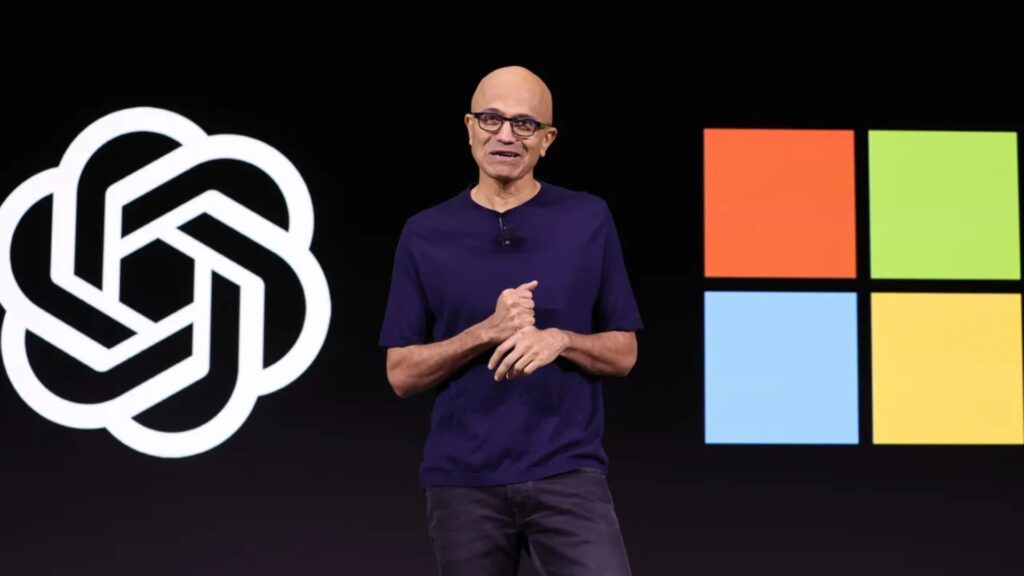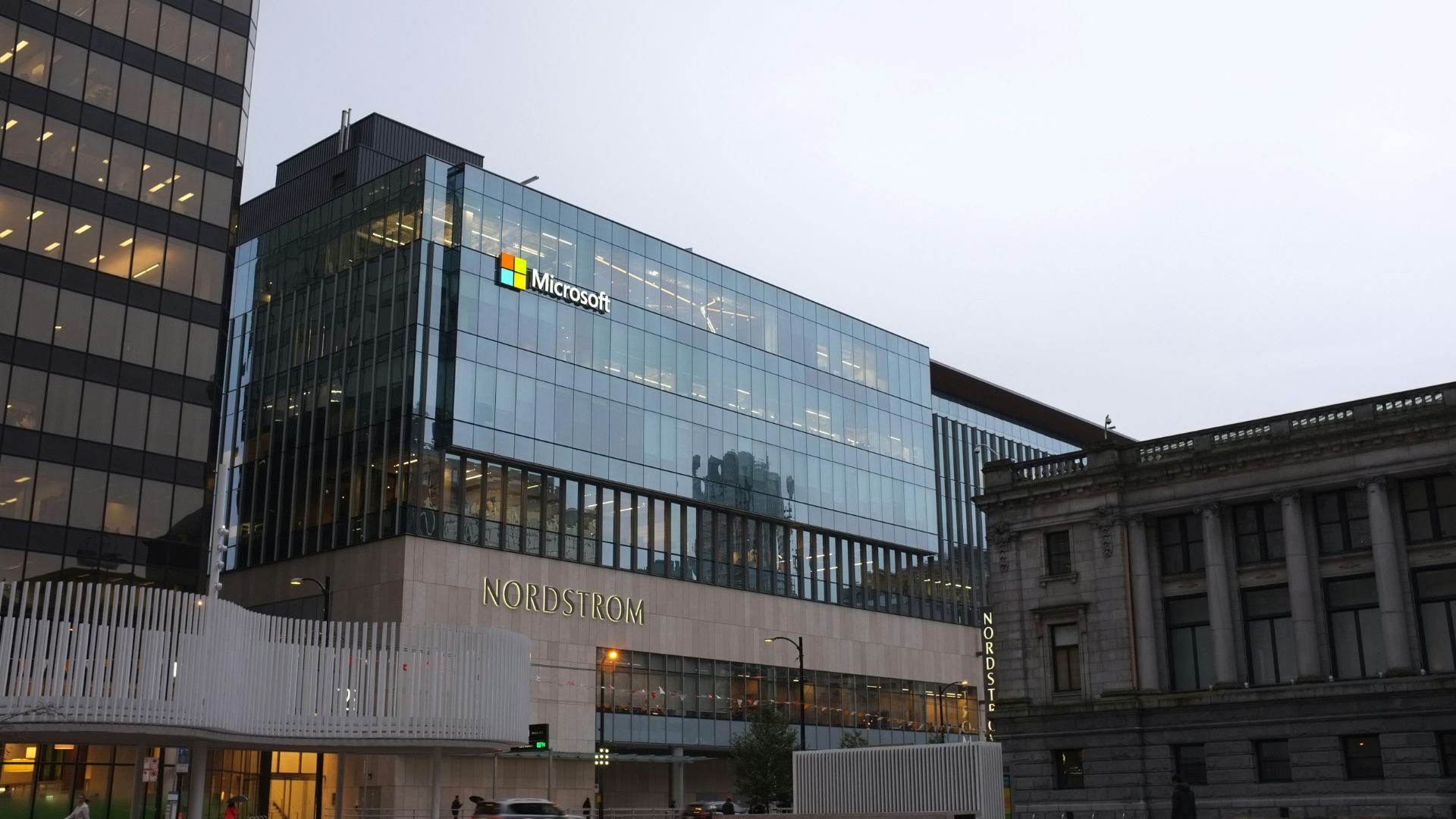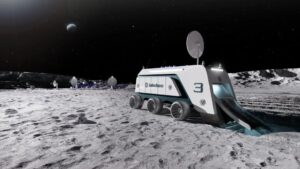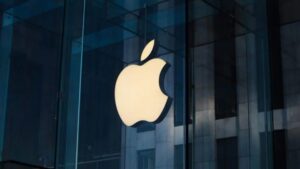
Microsoft has launched an $80 billion investment in AI infrastructure for fiscal 2025—the largest in its history—to build proprietary capabilities and reduce reliance on external partners like OpenAI. The initiative, announced internally on September 11 by AI CEO Mustafa Suleyman, aims to create computing clusters six to ten times larger than those used for Microsoft’s current MAI-1 model, enabling the company to develop “world-class frontier models in-house” and directly compete with Google, Meta, and xAI .
Closing the Infrastructure Gap
Suleyman highlighted that Microsoft’s MAI-1-preview was trained on just 15,000 Nvidia H100 GPUs, a “tiny cluster” compared to competitors that deploy six to ten times more hardware for their top models . The $80 billion commitment, first unveiled in January 2025 by President Brad Smith, allocates over half of the funding to U.S. data centers, reflecting a broader industry surge in AI spending—Amazon, Alphabet, Microsoft, and Meta collectively pledged $364 billion to AI infrastructure in 2025 .
Strategic Pivot Beyond OpenAI
While Microsoft and OpenAI have signed a non-binding memorandum of understanding to restructure their partnership, the infrastructure investment underscores a shift toward a multi-model strategy. Alongside continuing collaboration with OpenAI, Microsoft is integrating models from Anthropic into Microsoft 365 apps and rolling out its own MAI-Voice-1 and MAI-1-preview models, launched in August 2025. MAI-Voice-1 can generate high-quality audio in under one second on a single GPU, powering Copilot Daily podcasts, while MAI-1-preview ranks 13th on LMArena benchmarks for text tasks .
Custom Silicon for AI Workloads
To further reduce dependence on Nvidia, Microsoft is accelerating development of Maia and Cobalt chips. The Maia 100 AI accelerator, with 105 billion transistors, is optimized for both training and inference, and the Cobalt 100 ARM-based CPU offers 40 percent improved power efficiency for general cloud computing tasks . This silicon roadmap is integral to Microsoft’s vision of “self-sufficiency in AI,” ensuring scalable, cost-effective infrastructure.
Balancing Partnerships and Independence
CEO Satya Nadella has emphasized that while partnerships like OpenAI remain vital, Microsoft must also “build our own capabilities.” Suleyman reiterated this balanced approach: “We should have the capacity to build world-class frontier models in-house of all sizes, but we should be very pragmatic and use other models where we need to.” The $80 billion AI investment thus positions Microsoft to lead in AI while maintaining flexibility to collaborate across the ecosystem.












Your article helped me a lot, is there any more related content? Thanks!